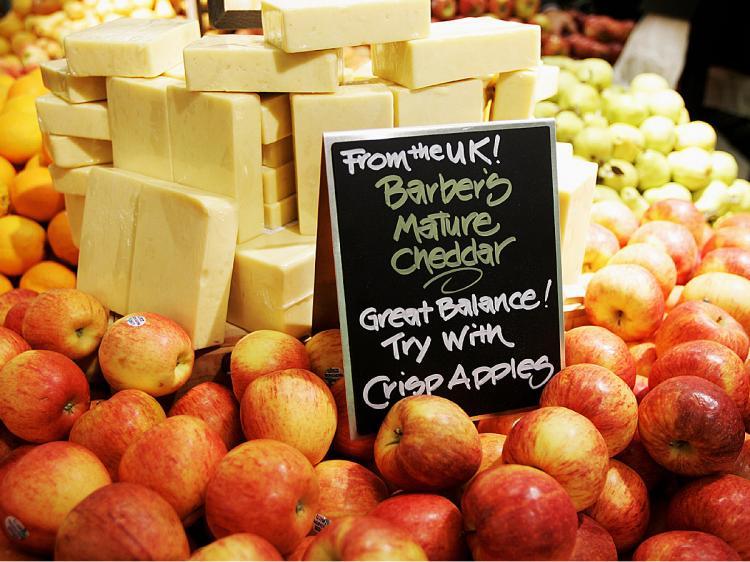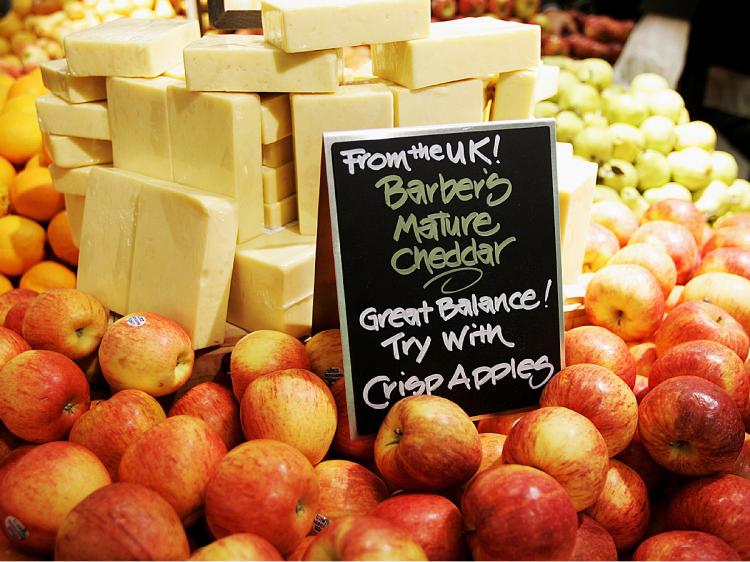The organic food and drink market is now worth £1.6 billion ($2.4 billion). But the current economic climate means as many as half (48 percent) of all organic shoppers will reduce or even give up buying organic food in the next year alone, according to research by Mintel.
The slump in organic sales has become so serious that many organic farmers are having to consider alternative methods of farming. Farmers have asked the government for permission to relax the strict organic standards during the current economic crisis—to create an organic ‘holiday’. The Soil Association want their members to be able to use conventional animal feeds instead of concentrated organic feed, which costs twice as much.
But the Organic Research Centre has condemned the suggestion, fearing that such a ‘holiday’ in organic standards will only confuse shoppers and lead to an even worse slump, according to the Times.
“This is a production holiday from the crippling travails of being a proper organic farmer.“ says an Organic Research Center statement. ”You know that minor inconvenience of rearing your stock on feed that has not been soaked in pesticides or rendered down from decaying livestock.”
Attitudes towards organic food are beginning to change after five years of steady growth, with sales set to fall.
Market sales grew by an average of 16 percent a year between 2003 and 2008, but in the coming years sales are forecast to dramatically slow and growth is unlikely to hit previous levels in the near future, says Mintel.
“British consumers are clearly beginning to question the value of organics and the added benefits they get from paying the premium price,” said Richard Perks, director of retail and financial research at Mintel. “Now, more than ever, retailers and suppliers need to clearly communicate the ethical, environmental and personal benefits of buying organic.”
“On top of the effects of the financial problems, organic food is facing increasing competition from other ethical choices including welfare, fair trade and locally sourced foods,” he added.
Local produce has become increasingly popular as Brits support their local economies. The market for locally sourced produce is worth three times that of the organic market, at £4.8 billion ($7.2 billion).
“The success of farmers’ markets, the awareness of food miles and the huge increase in the choice of local produce available in supermarkets have all helped boost the popularity of locally sourced foods. ” said Richard Perks.
Mintel maintain that while many organic categories are set to fall victim to the credit crunch, manufacturers offering quality premium goods are likely to be resilient in the current downturn.




